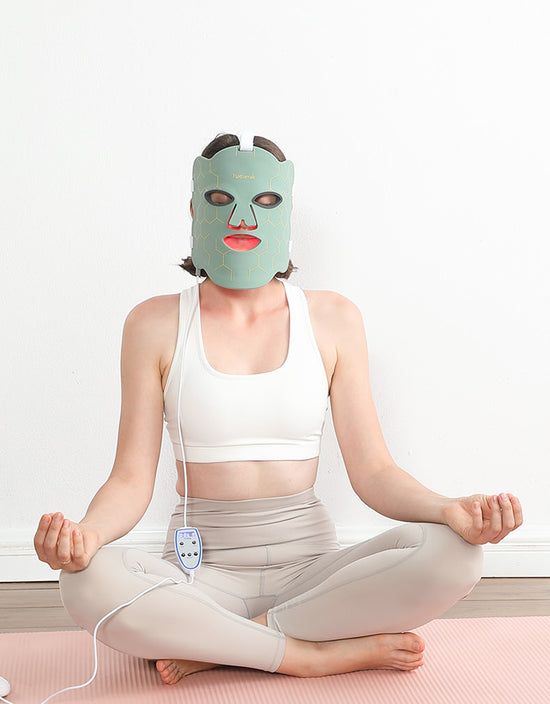As we age, our skin undergoes various changes, leading to the emergence of fine lines, wrinkles, and a loss of elasticity. The quest for youthful skin has led to the development of numerous anti-aging treatments. But which of these treatments are truly effective? In this article, we will explore the science behind popular anti-aging treatments and help you understand what really works.

Understanding Anti-Aging Treatments
Anti-aging treatments can be broadly categorized into two types: topical products and procedural interventions. Topical products include creams, serums, and masks, while procedural interventions encompass treatments like chemical peels, laser therapy, and injectables. Each of these approaches targets different aspects of skin aging.
Topical Anti-Aging Treatments
Topical treatments often contain active ingredients designed to improve skin texture and appearance. Some of the most common ingredients include:
- Retinoids: These vitamin A derivatives promote cell turnover and stimulate collagen production, making them a cornerstone of anti-aging skincare.
- Peptides: Short chains of amino acids that can help to repair skin and improve its elasticity.
- Antioxidants: Ingredients like vitamin C and E protect the skin from oxidative stress, which can accelerate aging.
When considering a new anti-aging treatment, it is essential to assess your skin type and concerns. For instance, if you have sensitive skin, you may want to start with lower concentrations of retinoids to avoid irritation.
Procedural Anti-Aging Treatments
For those seeking more immediate results, procedural treatments can be highly effective. These include:
- Chemical Peels: These treatments exfoliate the skin, removing dead cells and revealing a fresher layer underneath.
- Laser Therapy: Lasers can target pigmentation, tighten skin, and stimulate collagen production.
- Injectables: Treatments like Botox and dermal fillers can reduce the appearance of wrinkles and restore volume.
While these procedures can yield significant results, they often require multiple sessions and maintenance treatments to sustain their effects.
What Really Works?
Determining the effectiveness of an anti-aging treatment often depends on individual skin types and concerns. However, studies have shown that consistent use of retinoids and antioxidants can lead to noticeable improvements in skin texture and tone. Additionally, combining topical treatments with procedural interventions may enhance overall results.
Innovative Anti-Aging Solutions
One innovative product gaining popularity is the  . This mask utilizes light therapy to promote collagen production and improve skin elasticity, making it a valuable addition to any anti-aging regimen.
. This mask utilizes light therapy to promote collagen production and improve skin elasticity, making it a valuable addition to any anti-aging regimen.
Conclusion
In conclusion, the world of anti-aging treatments is vast and varied. While some products and procedures show promising results, it is crucial to approach them with realistic expectations. Always consult with a skincare professional to tailor a regimen that suits your unique needs. With the right combination of treatments, you can achieve a more youthful and radiant complexion.




